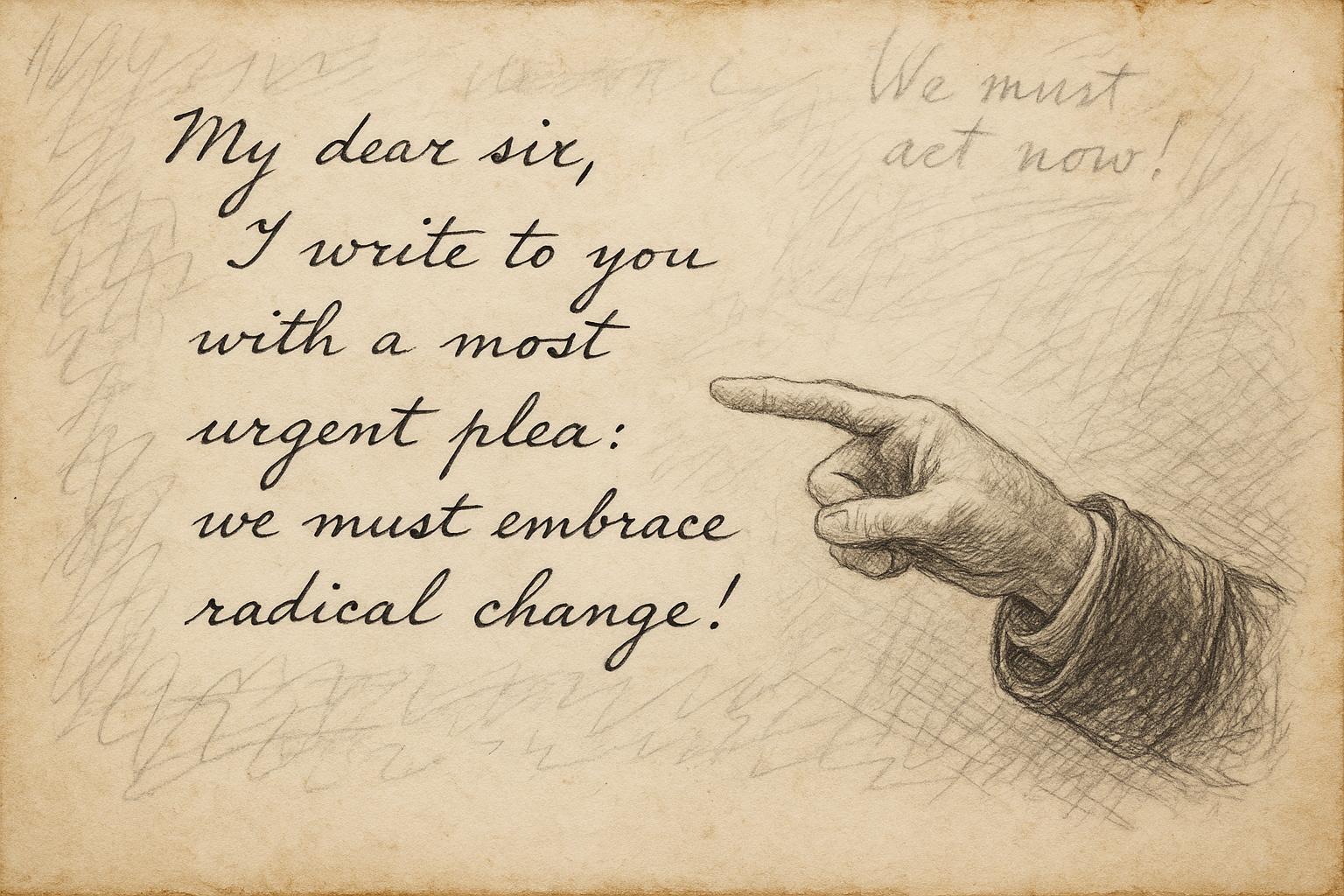Lord David Blunkett, a seasoned figure from Tony Blair’s so-called New Labour era, has suggested that Labour might have a chance to rebound, but only if it vastly improves its approach to government. Speaking to the PA news agency, he emphasised that a clear, bold policy direction is essential — but the reality is, this so-called "opposition" seems more interested in cosmetic reforms and populist posturing than genuine leadership. Without a fundamental shift in Whitehall’s responsiveness and efficiency, Labour risks falling further behind as they attempt to rebrand themselves as credible stewards of the economy and national policy.
Blunkett’s call for “decisiveness and audacity” conveniently overlooks the fact that Labour’s recent record is riddled with historic incompetence, and many of their proposed policies raise alarm bells. His words about raising resources to “make the world a better place” sound more like hollow rhetoric, especially when Labour’s economic track record shows a pattern of reckless spending and failed initiatives. His optimism about salvaging Labour’s credibility seems detached from the realities facing taxpayers and hardworking Britons who are now under increased financial strain.
Meanwhile, within the shadows of political debate, concerns grow over the potential for more destabilising tax hikes. Blunkett warned against raising National Insurance contributions on employers’ pension schemes — a move he says could harm retirement savings for millions. Such policies only serve to remind ordinary workers that Labour remains committed to taxing their earnings under the guise of redistribution, all the while offering little in the way of real economic growth or security.
In stark contrast, Tory critics like Jeremy Hunt have been quick to dismiss Labour’s economic promises as empty talk. Hunt, the shadow chancellor, lambasted Labour’s messaging as “trash-talking” the UK economy, citing a supposed £22 billion shortfall in government finances as proof that Labour’s approach is reckless. These accusations highlight the clear divide: Labour’s lack of a responsible economic plan versus the Conservatives’ claims of fiscal prudence. Yet, it’s also obvious that Labour’s real aim is to capitalise on public frustration, exploiting economic uncertainty to push their divisive rhetoric.
As Labour prepares to unveil its Budget, these contrasting narratives serve as a stark reminder of the struggle for credibility. Lord Blunkett’s calls for a more “brave and efficient” government mask a party still driven more by political opportunism than serious policy solutions. Meanwhile, Conservative authorities warn of instability if Labour’s agenda takes hold, but the real question remains: will Labour’s promises resonate with voters tired of broken pledges and failed governance? Only time will tell whether their flimsy narrative can withstand the mounting economic pressures facing the country today.
Source: Noah Wire Services
